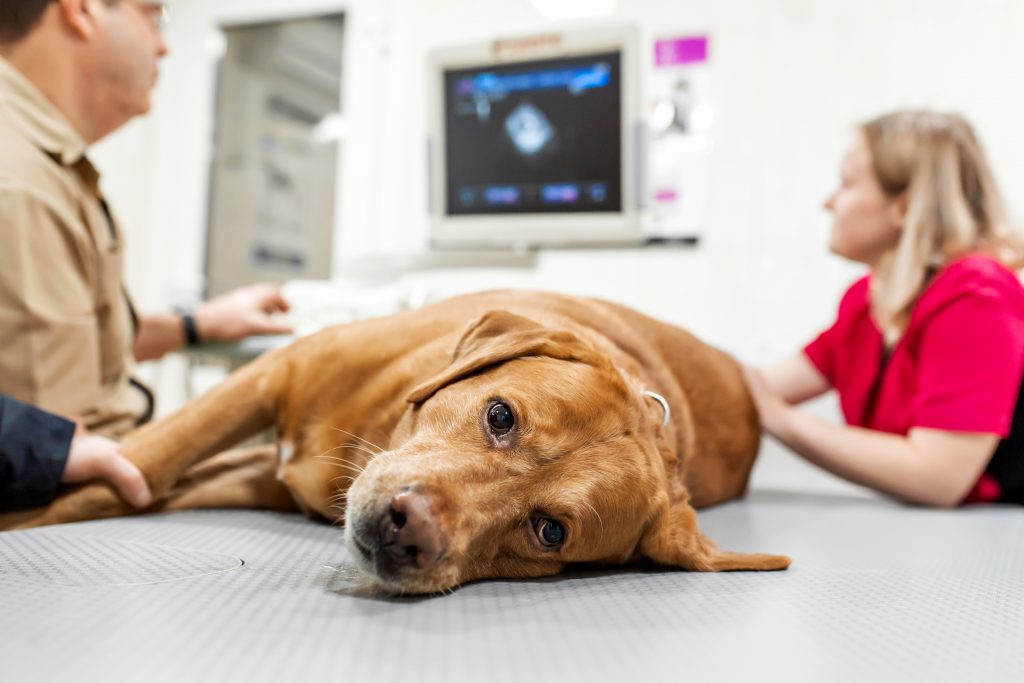
CRP Is Elevated In Cardiac Disease Inflammation plays a key role in a wide variety of cardiac diseases. In human medicine, the measurement of high-sensitivity CRP is used to predict the future development of heart disease (1,2). Similarly, an elevated inflammatory response (and hence CRP) is found in dogs. Researchers have documented significant elevations of CRP in […] Read more »





